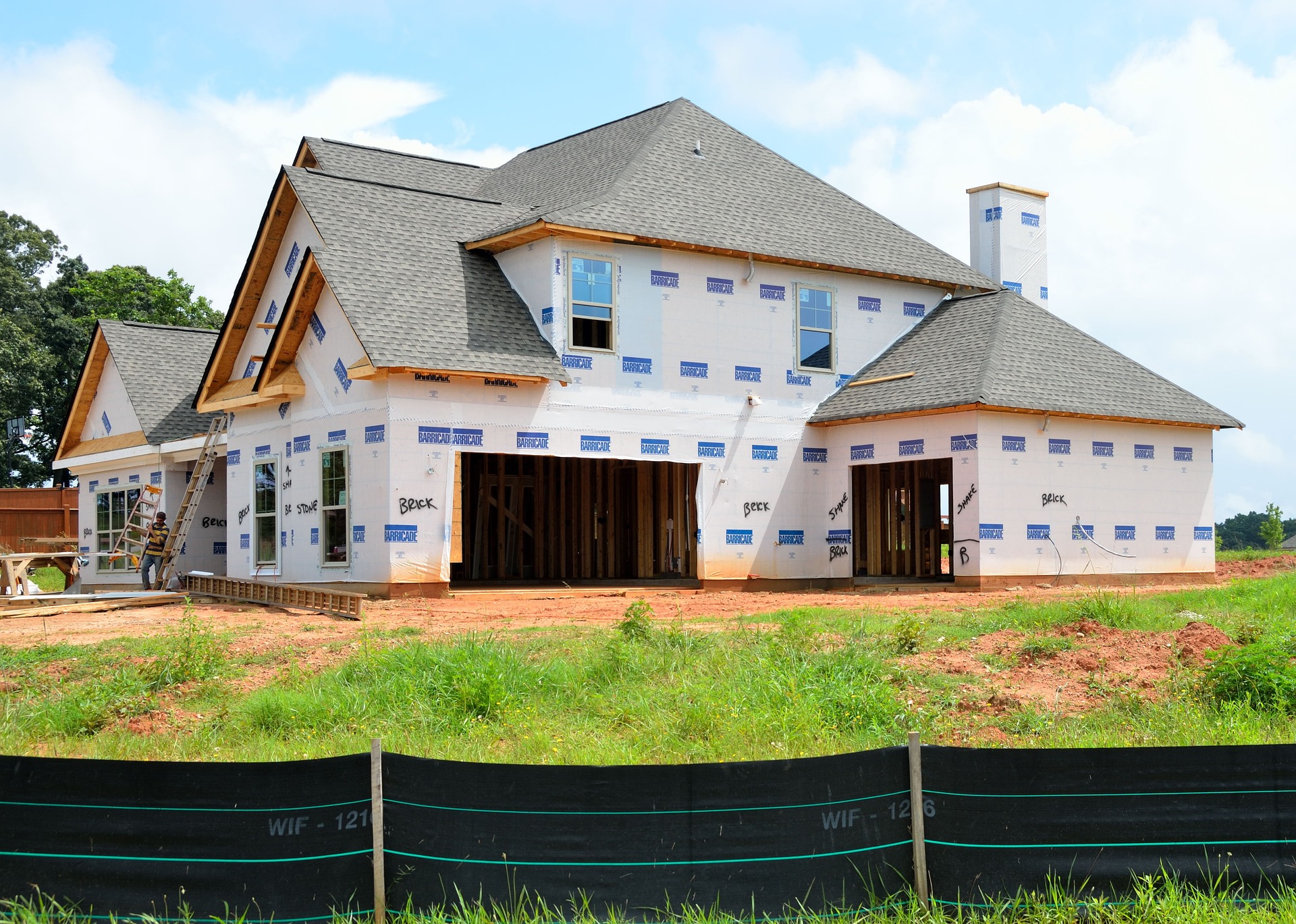Prefabricated Garages: Affordable, Durable, and Easy to Install
Are you looking for a cost-effective, quick, and hassle-free way to add storage or parking space to your property? A prefabricated garage is the perfect solution! These garages are designed for easy assembly, long-lasting durability, and affordability. Unlike traditional construction, which can take weeks or months, a prefab garage can be ready in days—saving you time and money.

What exactly is a prefabricated garage?
A prefabricated garage, also known as a prefab garage, is a structure that’s manufactured off-site in a factory setting and then transported to your property for assembly. These garages are typically made from high-quality materials such as steel, wood, or a combination of both. The components are pre-cut, pre-drilled, and designed to fit together seamlessly, making the installation process quick and efficient.
What are the advantages of choosing a prefab garage?
Prefabricated garages offer numerous benefits over traditional on-site construction. First and foremost, they’re significantly faster to install. While a conventional garage might take weeks or even months to build, a prefab garage can often be erected in just a few days. This quick turnaround time means less disruption to your daily life and faster access to your new storage or parking space.
Additionally, prefab garages are often more affordable than their stick-built counterparts. The factory-controlled production process reduces waste and labor costs, resulting in savings that are passed on to you, the consumer. These garages are also highly customizable, allowing you to choose from various sizes, styles, and features to match your specific needs and aesthetic preferences.
How durable are prefabricated metal garages?
Prefab metal garages are known for their exceptional durability and longevity. Steel, the primary material used in these structures, is resistant to many common issues that plague traditional wooden garages, such as rot, termites, and fire. Metal garages can withstand harsh weather conditions, including heavy snow loads, strong winds, and even seismic activity when properly anchored.
Many prefab metal buildings come with warranties that can last up to 40 years or more, demonstrating the manufacturers’ confidence in their products’ durability. With proper maintenance, which is typically minimal, a prefab metal garage can easily last for decades, making it a wise long-term investment for your property.
What types of prefab garages are available?
The market offers a wide variety of prefabricated garage options to suit different needs and preferences. Some popular types include:
-
Single-car garages: Ideal for smaller properties or those needing space for one vehicle.
-
Double-car garages: Perfect for families with multiple vehicles or those requiring extra storage space.
-
RV garages: Specially designed to accommodate larger recreational vehicles, boats, or trailers.
-
Workshop garages: These combine vehicle storage with a dedicated workspace for hobbies or small businesses.
-
Carports: Open-sided structures that provide basic protection from the elements at a lower cost.
Each type can be customized with various features such as windows, skylights, insulation, and different door styles to meet your specific requirements.
How much do prefab metal garages typically cost?
The cost of a prefab metal garage can vary widely depending on factors such as size, customization options, and local labor rates for installation. However, here’s a general pricing guide to give you an idea of what to expect:
| Garage Type | Size (approx.) | Price Range |
|---|---|---|
| Single-Car | 12’ x 20’ | $3,000 - $7,000 |
| Double-Car | 20’ x 20’ | $5,000 - $12,000 |
| RV Garage | 30’ x 40’ | $10,000 - $25,000 |
| Workshop | 24’ x 30’ | $7,000 - $15,000 |
| Carport | 12’ x 20’ | $1,500 - $4,000 |
Prices, rates, or cost estimates mentioned in this article are based on the latest available information but may change over time. Independent research is advised before making financial decisions.
It’s important to note that these prices are estimates and can vary based on your location, specific design choices, and any additional features you may want to include. Always get quotes from multiple providers to ensure you’re getting the best value for your investment.
How does the installation process work for prefab garages?
The installation process for prefabricated garages is typically straightforward and can be completed in a few key steps:
-
Site preparation: This involves clearing the area, ensuring proper drainage, and creating a level foundation. Depending on local building codes, this may require a concrete slab or other suitable base.
-
Delivery: The prefabricated components are delivered to your property, usually on a flatbed truck.
-
Assembly: A team of professionals will erect the structure, starting with the frame and moving on to the walls, roof, and doors. This process can often be completed in 1-3 days, depending on the size and complexity of the garage.
-
Finishing touches: Once the main structure is in place, any additional features like windows, gutters, or electrical systems are installed.
-
Final inspection: The completed garage is inspected to ensure it meets all local building codes and standards.
Many prefab garage manufacturers offer installation services, or you can hire a local contractor familiar with assembling these structures. Some experienced DIY enthusiasts may even choose to tackle the installation themselves, although professional installation is generally recommended to ensure proper assembly and adherence to local building codes.
In conclusion, prefabricated garages offer an excellent solution for those seeking additional storage or parking space. Their affordability, durability, and ease of installation make them an attractive option for many homeowners. Whether you need a simple carport or a fully-equipped workshop, there’s likely a prefab garage solution that fits your needs and budget. As with any significant home improvement project, be sure to research local zoning laws and obtain any necessary permits before proceeding with your prefab garage installation.




